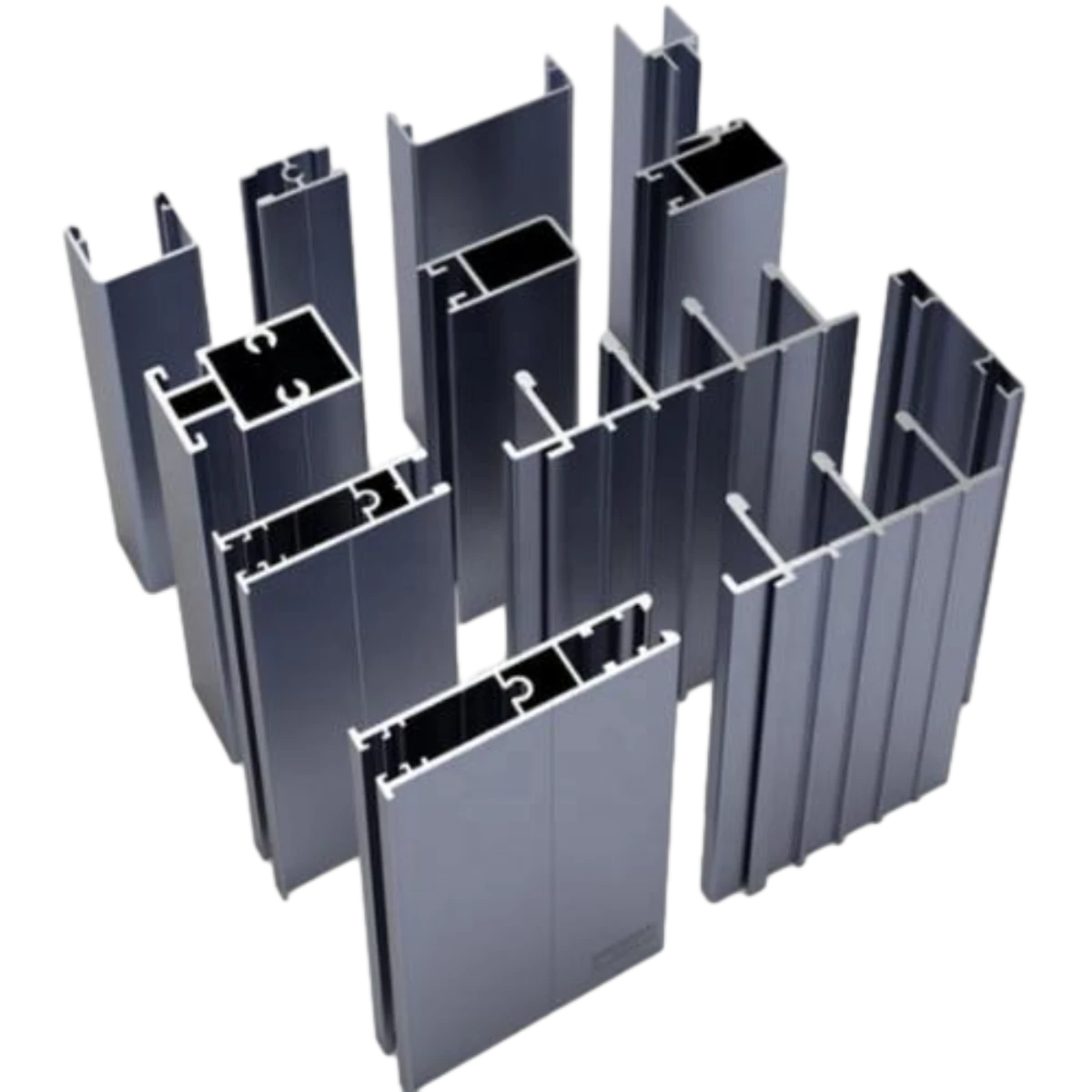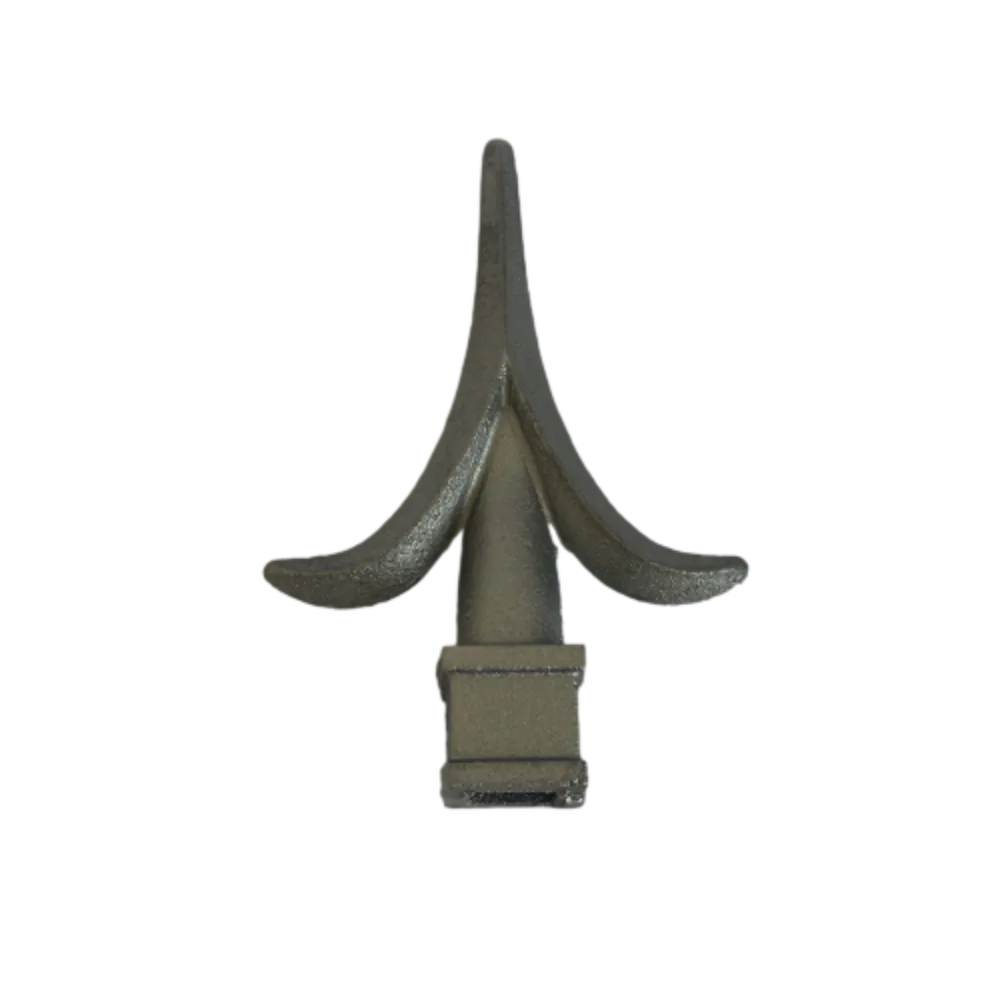Cast Iron Pipe Load-Bearing Capacity
Cast iron pipes are a staple in plumbing, drainage, and industrial systems—valued for their strength, durability, and ability to handle heavy loads. Understanding the load-bearing capacity of cast iron pipe and its mating components (cast iron pipe and fitting, cast iron fittings, cast iron soil fittings) is critical for wholesalers serving clients in construction, commercial, or residential sectors, as it ensures safe, long-lasting installations. SHIJIAZHUANG TJJ TRADE CO.,LTD., a seasoned foundry and export company with over 20 years of experience, specializes in high-quality cast iron pipe and fitting solutions—alongside ornamental iron products—engineered for exceptional load-bearing performance. Their cast iron pipe and cast iron fittings are crafted from premium cast iron, designed to withstand heavy loads and resist corrosion, making them a trusted choice for wholesalers worldwide. This article explores the load-bearing capacity of cast iron pipe and its components, highlighting key influencing factors, application-specific capabilities, and why TJJ Trade’s products stand out for reliability and strength.
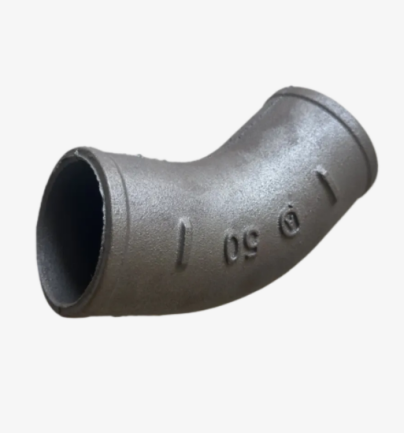
Key Factors Influencing Cast Iron Pipe Load-Bearing Capacity
- Material Grade of Cast Iron Pipe: The load-bearing capacity of cast iron pipe starts with its material grade—TJJ Trade uses two primary grades: gray cast iron (for general plumbing and drainage) and ductile cast iron (for high-load industrial applications). Gray cast iron cast iron pipe offers excellent compressive strength (ideal for underground burial or floor-mounted systems), while ductile cast iron (reinforced with nodular graphite) provides higher tensile strength, making it suitable for heavy-load scenarios like industrial piping or large-scale drainage. Wholesalers can note that gray cast iron cast iron pipe typically handles 150–200 MPa of compressive load, while ductile cast iron variants exceed 300 MPa—ensuring clients get the right strength for their project.
- Pipe Thickness and Diameter of Cast Iron Pipe and Fitting: Cast iron pipe and fittingload-bearing capacity depends heavily on thickness (wall size) and diameter. TJJ Trade’s cast iron pipe comes in standard thicknesses (e.g., Schedule 40, Schedule 80), with thicker walls supporting higher loads. For example, a 4-inch diameter Schedule 80 cast iron pipe can handle 20–30% more load than a Schedule 40 pipe of the same diameter. Similarly, cast iron fittings (elbows, tees) are engineered with thicker walls at connection points—areas prone to extra stress from load distribution. This design ensures the entire cast iron pipe and fitting system maintains consistent load-bearing capacity, avoiding weak points that could lead to failure.
Load-Bearing Capacity of Cast Iron Fittings and Soil Fittings
- Cast Iron Fittings for Load Distribution: Cast Iron fittings(elbows, tees, couplings) are critical for maintaining load-bearing capacity in a piping system—TJJ Trade’s fittings are designed to distribute load evenly across connections. For example, a 90-degree elbow cast iron fitting has reinforced shoulders to handle the lateral load exerted when the pipe changes direction, preventing cracking or bending. These fittings are tested to match the load-bearing capacity of the cast iron pipe they connect, ensuring the system acts as a single, strong unit. Wholesalers can emphasize that TJJ Trade’s cast iron fittings eliminate “weak links” in the system, making them ideal for high-load applications like commercial building plumbing.
- Cast Iron Soil Fittings for Vertical Loads: Cast iron soil fittings(used in drainage systems to carry waste vertically) face unique load challenges—they must support the weight of the pipe above plus the pressure of flowing waste. TJJ Trade’s cast iron soil fittings (e.g., floor drains, stack fittings) are crafted with extra-thick walls and wide, stable bases to distribute vertical loads across floors or structural supports. A typical cast iron soil fitting can support 50–100 kg of vertical load (depending on size), plus the weight of the cast iron pipe and waste inside. This durability makes them a top choice for multi-story buildings, where vertical drainage systems face constant, heavy loads.
Cast Iron Pipe and Fitting Load-Bearing by Application
|
Application |
Key Load Requirement |
Ideal Cast Iron Product |
Load-Bearing Capacity |
TJJ Trade Advantage |
|
Residential Plumbing |
Light to medium underground load; low pressure. |
Gray cast iron pipe + standard cast iron fittings. |
150–200 MPa (compressive load) |
Corrosion-resistant coating + easy installation. |
|
Commercial Drainage |
Medium vertical load; high waste flow. |
Ductile cast iron pipe + cast iron soil fittings. |
250–300 MPa (compressive load) |
Reinforced soil fittings + wide support bases. |
|
Industrial Piping |
Heavy horizontal/vertical load; high pressure. |
Thick-wall ductile cast iron pipe + industrial cast iron fittings. |
300+ MPa (compressive load) |
High-tensile material + stress-resistant fittings. |
|
Underground Sewer Lines |
Heavy soil load; traffic pressure. |
Schedule 80 gray cast iron pipe + leak-proof cast iron fittings. |
200–250 MPa (compressive load) |
Thick walls + soil-resistant coating. |
Testing and Compliance for Cast Iron Pipe Load-Bearing
- Load-Bearing Testing for Cast Iron Pipe: TJJ Trade subjects every batch of cast iron pipe and cast iron pipe and fitting to rigorous load-bearing testing. Using specialized equipment, they measure compressive strength (for underground or vertical loads) and tensile strength (for horizontal or pressure-driven loads). For example, a cast iron pipe sample is pressed until it deforms—only those that meet or exceed international standards (e.g., ASTM A888 for gray cast iron) are approved for sale. Wholesalers can access test reports for each product, giving clients confidence in the load-bearing capacity of their purchases.
- Global Standards Compliance for Cast Iron Fittings: Cast iron fittings and cast iron soil fittings from TJJ Trade meet global load-bearing standards, including ISO 2531 (for ductile iron pipes) and EN 877 (for gray cast iron drainage pipes). These standards ensure the products can withstand specified loads in different environments—from residential basements to industrial warehouses. Compliance also means the cast iron pipe and fitting systems are compatible with global plumbing codes, eliminating barriers for wholesalers selling to international clients. For example, EN 877 compliance ensures TJJ Trade’s cast iron soil fittings are safe for use in European multi-story buildings.
Cast Iron Pipe FAQS
Can Cast Iron Pipe Handle Heavy Traffic Loads When Buried Under Roads?
Yes—TJJ Trade’s thick-wall cast iron pipe (Schedule 80 or higher) is designed to handle heavy traffic loads when buried under roads. When installed with proper bedding (sand or gravel) to distribute load, a 6-inch diameter ductile cast iron pipe can withstand 500+ kg of traffic load (equivalent to a small truck). The pipe’s thick walls and ductile material absorb impact without cracking, making it ideal for road or parking lot sewer lines. Wholesalers can advise clients to specify road-grade cast iron pipe for underground installations near traffic, ensuring long-term durability.
Do Cast Iron Soil Fittings Require Extra Support to Handle Vertical Loads?
While cast iron soil fittings from TJJ Trade are engineered to handle vertical loads independently, extra support is recommended for multi-story buildings or extra-heavy loads. For example, in a 10-story apartment complex, install metal brackets around cast iron soil fittings at each floor level to distribute vertical load across the building’s structure. This prevents the fitting from bearing the full weight of the cast iron pipe and waste above, extending its lifespan. TJJ Trade provides guidelines for support spacing (typically every 2–3 meters) to help clients install the fittings safely.
How Does Cast Iron Pipe’s Load-Bearing Capacity Compare to PVC Pipe?
Cast iron pipe has significantly higher load-bearing capacity than PVC pipe. A standard gray cast iron pipe handles 150–200 MPa of compressive load, while PVC pipe typically maxes out at 50–80 MPa. This means cast iron pipe can withstand heavier soil loads (for underground use) or vertical loads (for multi-story drainage) without deforming. While PVC is lighter and cheaper, cast iron pipe is a better choice for high-load applications—wholesalers can help clients choose based on load requirements, not just cost.
Can Cast Iron Fittings Be Used with Existing Cast Iron Pipe from Other Manufacturers?
Yes—TJJ Trade’s cast iron fittings are designed to be compatible with standard cast iron pipe sizes (e.g., 2-inch, 4-inch, 6-inch) from most manufacturers. The fittings use universal connection methods (e.g., hub-and-spigot, flange) that match industry standards, so they can be easily integrated into existing systems. For example, a TJJ Trade 4-inch elbow cast iron fitting will connect seamlessly to a 4-inch gray cast iron pipe from another brand. Wholesalers can assure clients that compatibility isn’t an issue, simplifying retrofits or expansions.
Where Can Wholesalers Source High-Load Cast Iron Pipe and Fitting?
SHIJIAZHUANG TJJ TRADE CO.,LTD. manufactures high-quality cast iron pipe with reliable load-bearing capacity. Their products are tested, compliant with global standards, and tailored to diverse applications.
-
Plough Wheel Cast Iron Material Enhances Load-BearingNewsNov.10,2025
-
Cast Iron Cooking Stove Heat Retention Ensures Even Food HeatingNewsNov.10,2025
-
Rubber Strip Shock Absorption Protects Window EdgesNewsNov.10,2025
-
Aluminum Profiles High Corrosion Resistance Suits Coastal AreasNewsNov.10,2025
-
Window Handle Aluminum Material Ensures Lightweight DurabilityNewsNov.10,2025
-
Sliding Roller Plastic Housing Fits Aluminum Sliding WindowsNewsNov.10,2025
-
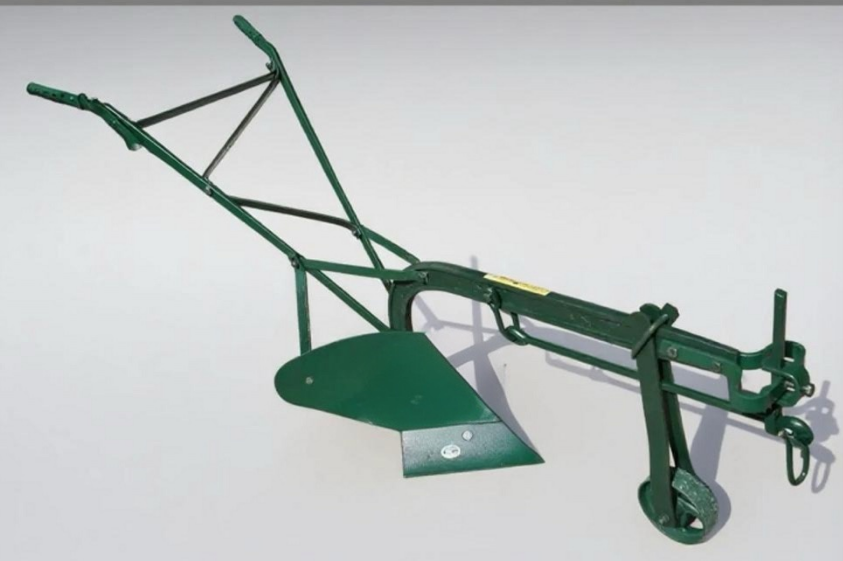 Plough Wheel Cast Iron Material Enhances Load-BearingNov-10-2025Plough Wheel Cast Iron Material Enhances Load-Bearing
Plough Wheel Cast Iron Material Enhances Load-BearingNov-10-2025Plough Wheel Cast Iron Material Enhances Load-Bearing -
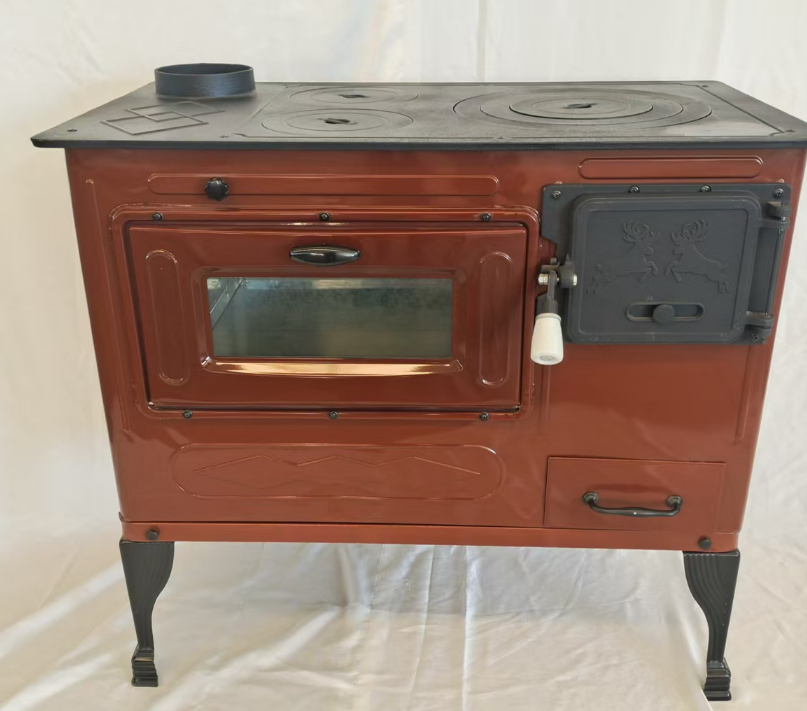 Cast Iron Cooking Stove Heat Retention Ensures Even Food HeatingNov-10-2025Cast Iron Cooking Stove Heat Retention Ensures Even Food Heating
Cast Iron Cooking Stove Heat Retention Ensures Even Food HeatingNov-10-2025Cast Iron Cooking Stove Heat Retention Ensures Even Food Heating -
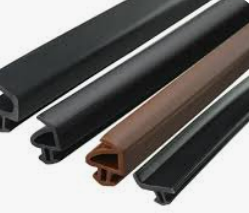 Rubber Strip Shock Absorption Protects Window EdgesNov-10-2025Rubber Strip Shock Absorption Protects Window Edges
Rubber Strip Shock Absorption Protects Window EdgesNov-10-2025Rubber Strip Shock Absorption Protects Window Edges





